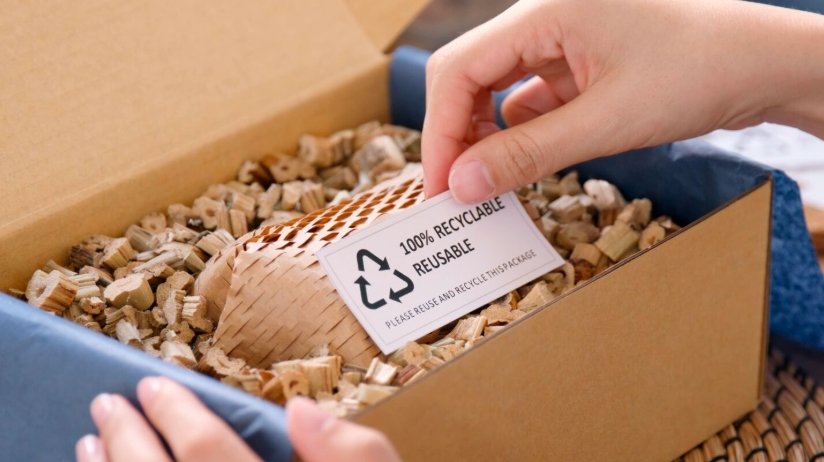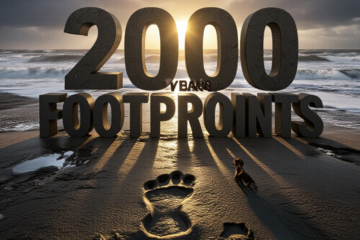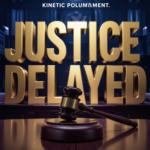The Food and Beverage Carton Alliance has welcomed Lamipak as its newest full member after a unanimous vote at the 2025 General Assembly. This move strengthens the group’s push for sustainable packaging in the food and drink sector, with Lamipak bringing its global expertise to promote eco-friendly cartons.
Alliance Grows with Key Player
The Food and Beverage Carton Alliance, often called FBCA, formed early in 2025 through a merger of two major European groups focused on beverage cartons. This new body aims to highlight cartons as renewable and circular options that cut down on waste and carbon emissions.
Lamipak, a specialist in aseptic packaging since 2007, now joins big names like Tetra Pak and Elopak. The company serves over 80 countries and focuses on safe, green solutions for food and drinks. This membership comes at a time when the packaging industry faces growing pressure to reduce plastic use and boost recycling rates.
Recent data shows that beverage cartons can lower carbon footprints by up to 52 percent compared to some plastic options, based on industry studies from the past few years. With global packaging waste expected to rise, alliances like this play a key role in driving change.

Lamipak’s Role in Sustainable Packaging
Lamipak stands out for its innovative approaches to eco-friendly packaging. The firm invests heavily in factories, like its recent expansion in Indonesia, to produce cartons that keep food fresh without harming the environment.
As a member, Lamipak will help shape policies and innovations that make cartons more recyclable. For instance, the alliance recently launched tools like RECY:CHECK in July 2025 to certify fibre-based packaging for better recycling.
This fits into broader trends where companies aim to meet new regulations on single-use plastics. In Europe and beyond, rules are pushing for materials that can be reused or broken down naturally.
Experts note that fibre-based cartons often outperform plastics in life-cycle assessments, with lower energy use during production. Lamipak’s entry could speed up adoption in Asia, where demand for sustainable options is surging.
The company’s work aligns with global efforts to cut food waste, as better packaging extends shelf life and reduces spoilage.
Benefits for Industry and Environment
Joining the alliance opens doors for Lamipak to collaborate on research and advocacy. This could lead to new standards that make cartons a go-to choice for brands worldwide.
Key advantages include:
- Shared knowledge on low-carbon materials that help fight climate change.
- Stronger lobbying for policies that support recycling infrastructure.
- Access to innovations like AI-powered sorting tech, as seen in recent UK investments.
- Opportunities to expand markets in regions pushing for green packaging.
These perks come amid rising consumer demand for earth-friendly products. Surveys from 2025 show that over 70 percent of shoppers prefer brands with sustainable packaging, influencing sales in food and beverage sectors.
Leaders Share Vision for Future
Alliance leaders expressed excitement about the addition. The director general highlighted how Lamipak’s skills will boost the group’s voice in promoting fibre-based solutions.
A Lamipak executive echoed this, stressing the firm’s dedication to long-term goals that make food systems more resilient. Such partnerships are vital as the industry tackles challenges like supply chain disruptions seen in recent years.
This announcement ties into other 2025 events, such as investments in AI for carton sorting and new guidelines for recyclable designs. Together, they signal a shift toward packaging that supports both business growth and planetary health.
What This Means for Consumers
For everyday people, this development could mean more options for eco-conscious buying. Cartons from members like Lamipak often use renewable resources, reducing reliance on fossil fuels.
Looking ahead, expect more products in stores with labels boasting high recyclability. This aligns with global targets, like those from the United Nations, to halve food waste by 2030.
| Current FBCA Members | Year Joined | Key Focus |
|---|---|---|
| Tetra Pak | 2025 | Aseptic packaging innovation |
| Elopak | 2025 | Renewable carton solutions |
| SIG Group | 2025 | Sustainable filling tech |
| Stora Enso | 2025 | Fibre-based materials |
| Billerud | 2025 | Paperboard production |
| Lamipak | 2025 | Global aseptic expertise |
The table above lists core members and their strengths, showing the alliance’s broad reach.
As the packaging world evolves, moves like this keep sustainability at the forefront.
What do you think about this step toward greener packaging? Share your thoughts in the comments and spread the word to friends who care about the environment.


















